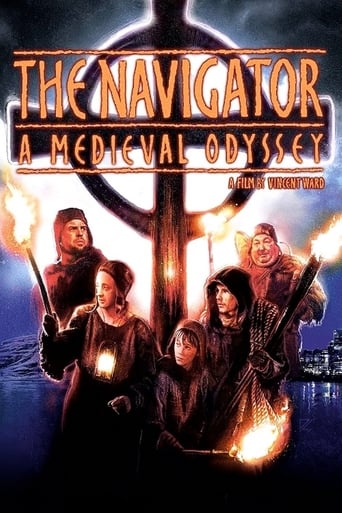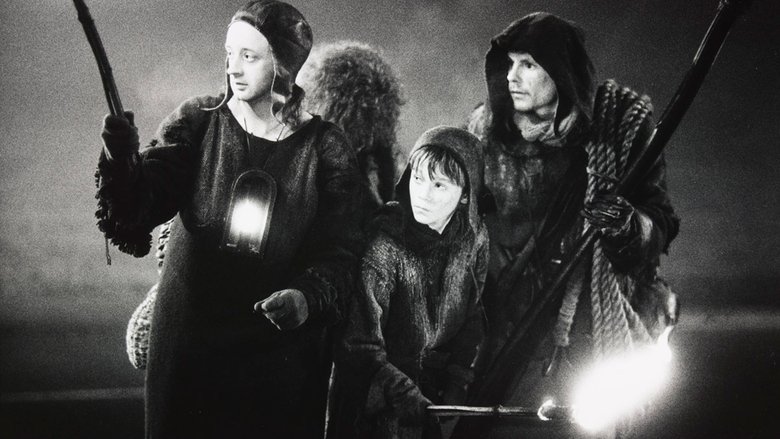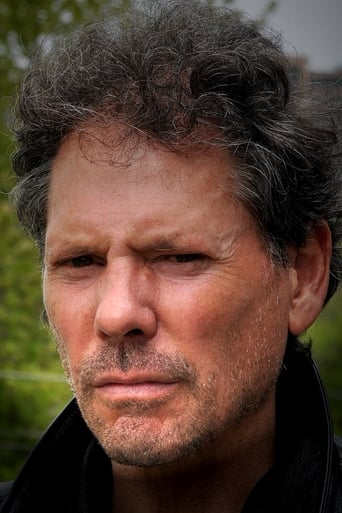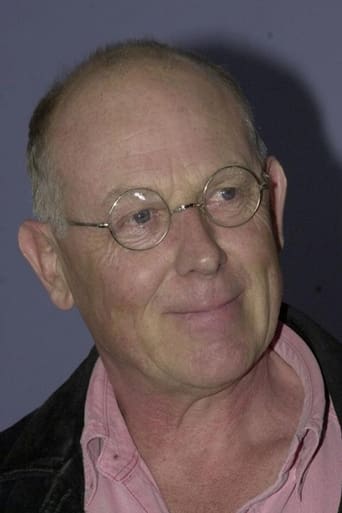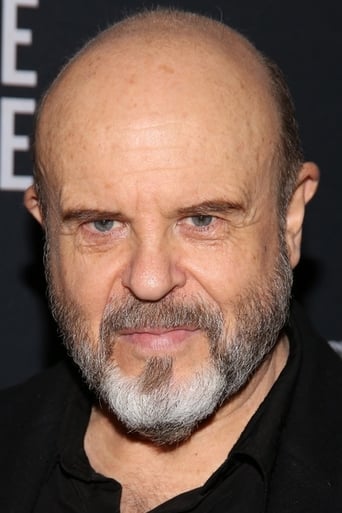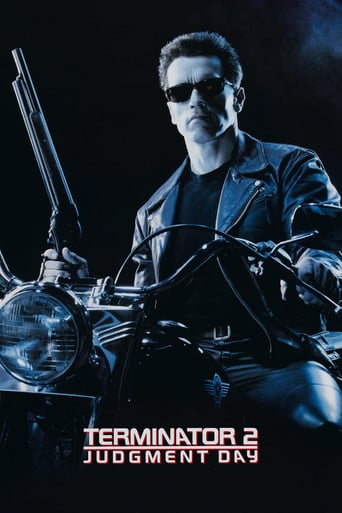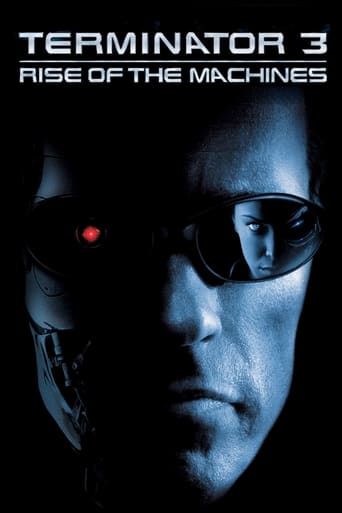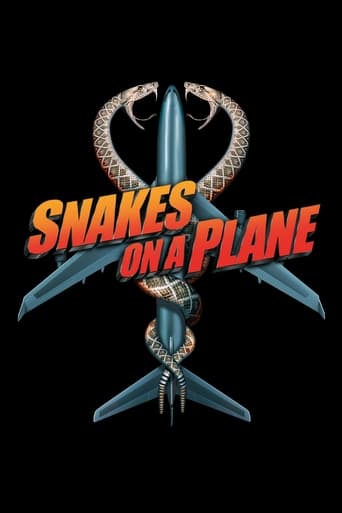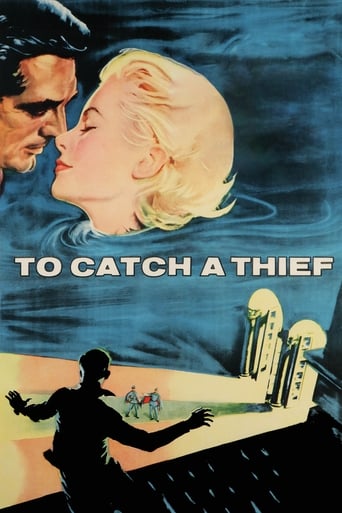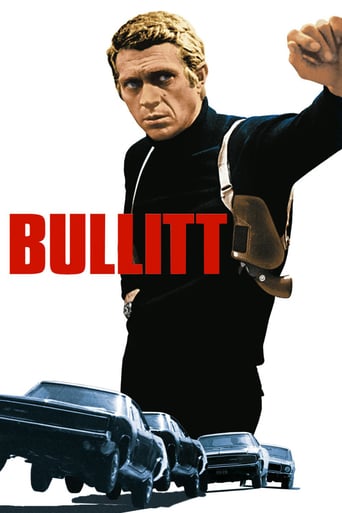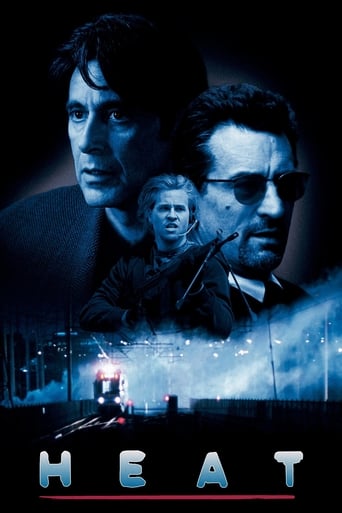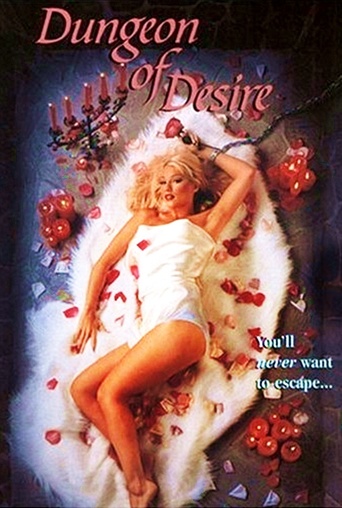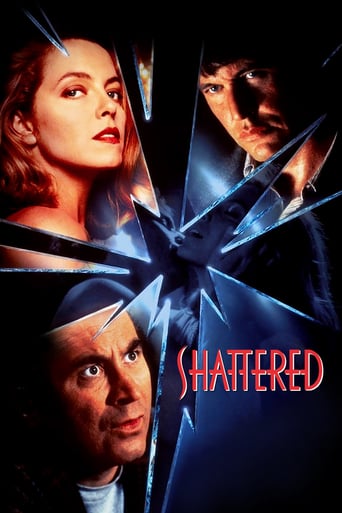The Navigator: A Medieval Odyssey (1988)
Cumberland, 1348. The plague is spreading in medieval England. The remote village of little Griffin is also threatened. But the 9-year-old boy has a recurring dream that holds the key to a tiny hope of survival: a lake with a coffin floating on it. A white church with an iron cross. A falling glove. A falling silhouette. A torch tumble through a dark shaft into infinity. With his brother he recognizes in it a prophecy to escape the Black Death. So they embark with a few men on a journey to a distant cathedral, where they want to set up an iron cross as an offering to God. Her path leads them through a deep and dark mine shaft into an unknown land and completely outlandish time - into the present-day New Zealand of the 1980s.
Watch Trailer
Cast


Similar titles
Reviews
The Worst Film Ever
By the time the dramatic fireworks start popping off, each one feels earned.
There are moments in this movie where the great movie it could've been peek out... They're fleeting, here, but they're worth savoring, and they happen often enough to make it worth your while.
It's simply great fun, a winsome film and an occasionally over-the-top luxury fantasy that never flags.
A group of miners from a 14th century English village in the path of the Black Plague follow the recurring dreams of a young boy and tunnel through the Earth into the 20th century, where they hope to appease God by raising a cross atop the highest church in New Zealand. Director Vincent Ward is a name worth watching, if only his narrative skills would catch up to his visionary style. His sophomore feature is no less haunting than his 1984 debut film 'Vigil', but likewise suffers from sketchy characters and an underwritten script. The villagers' quest for spiritual redemption has no real parallel in our own age (despite casual comparisons between the Plague, the AIDS epidemic, and the nuclear arms race), and the only reason for bringing them into the 20th century is to see their confusion with automobiles and television. The often striking visual scheme gives the film a strictly cosmetic impression of depth and meaning, but Ward's Little Nemo resolution, and the forced irony of the epilogue, only underlines the lack of a story built around his compelling, original idea.
In a medieval Welsh village, a strange fey boy has a vision; that if the villagers plant a cross on the highest steeple in Christendom, the village will be spared the Plague. So begins a journey that takes the villagers, the boy, and the audience to entirely unexpected places. Even though the film tried to be too 'relevant' in places, the mix of humor and sudden plot twists, and the bittersweet ending that comes as a surprise, but shouldn't, hold up extremely well. In particular the collision between medieval Wales and modern New Zealand lent itself to some truly hilarious moments. (Quote from the movie, from one of the villagers; "The Church is a business; and it runs out of money?") I really wish I owned this film, or a better copy of the soundtrack.
This is an imaginative but slightly strained film. It promises more than it really delivers, and the message is sometimes delivered with all the finesse of a sledgehammer. This is epitomised by the American nuclear submarine as the symbol of all that is evil.The portrayal of rural England at the time of the Black Death was atmospheric - though that it not to say that it was accurate. The accents in particular were a problem. Haven't film-makers heard any regional accents (these people are supposed to come from Cumberland -not Cumbria - which is in England) that they have to fall back on Irish-Scottish? Or perhaps this simply reflects the actors' limitations. But the major problem with the film, reflected in other comments, was that it was confusing. Was the boy's tale purely imagination (a form of foreknowledge), or did the villagers really travel to the 20th century - surely the former.The commentator who wrote of the "apparent pathological need for every car driver in the movie to try to run the characters down, without any attempt to swerve, stop, or otherwise avoid them" obviously hasn't driven in New Zealand. It is standard driving etiquette to ignore obstacles, or hit them if possible.
I just saw "The Navigator" for the first time last night, and I must say that it is a very well done film. Unlike Hollywood films, the medieval characters are not simply modern men in medieval garb, nor are they treated as ignorant buffoons. The portrayal of the characters is highly believable.They see everything with religious and medieval attitudes, and try to cope with the nightmare world of a modern city as best they can, in order to complete their pilgrimage / quest. This is perhaps the greatest strength of the film, as it helps the viewer to successfully suspend his disbelief and identify with the characters.It may be subtle, but there is also medieval symbolism used in the movie.There are some things in the movie that don't quite make sense, like the complete willingness for the foundry workers to help a group of people who should for the most part seem insane to anyone not knowing they are actually from the fourteenth century, or the apparent pathological need for every car driver in the movie to try to run the characters down, without any attempt to swerve, stop, or otherwise avoid them. These, however, are merely nit picking trifles, when placed in the context of the full story.It is not the greatest movie I have seen, but I would definitely say that it is worth a look. It's respect for and realistic depiction of it's medieval characters is a strength that really helps to hold the movie together.I give it a thumbs up.

